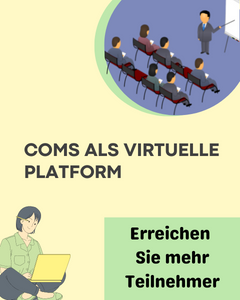Startseite / Konferenzkalender / Informatik / Verarbeitung Natürlicher Sprache, Computerlinguistik / Spanien
Konferenzen > Informatik > Verarbeitung Natürlicher Sprache, Computerlinguistik > Spanien
Wählen Sie ein Land aus
1
Seminar at the 2026 ESSE Conference: Translation and AI: Training and Practice
31. Aug 2026 - 04. Sep 2026 • Santiago de Compostela, Spanien
Einsendeschluss für Abstracts:
31. Jan 2026
Eintrags-ID:
1679583
Webseite:
Conference-Service.com stellt der Öffentlichkeit ein Kalendarium wichtiger Konferenzen, Symposien und sonstiger Tagungen im wissenschaftlich-technischen Bereich zur Verfügung. Obwohl das Verzeichnis mit großer Sorgfalt zusammengestellt und ständig aktualisiert wird, weisen wir auf die Möglichkeit von Fehlern ausdrücklich hin. Bitte vergewissern Sie sich immer beim Veranstalter, bevor Sie über die Teilnahme oder Nichtteilnahme an einer Konferenz entscheiden.
Stand vom 28. Oktober 2025



